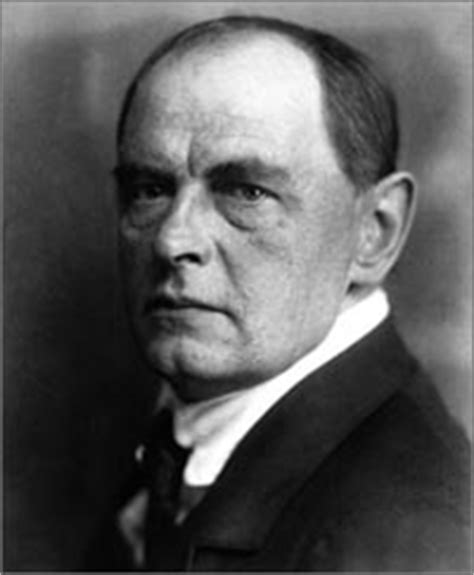A Quote by Jean-Paul Sartre
In a word, man must create his own essence: it is in throwing himself into the world, suffering there, struggling there, that he gradually defines himself.
Related Quotes
Very few people believe in the devil these days, which suits the devil very well. He is always helping to circulate the news of his own death. The essence of God is existence, and He defines Himself as: 'I am Who am.' The essence of the devil is the lie, and he defines himself as: 'I am who am not.' Satan has very little trouble with those who do not believe in him; they are already on his side.
Man—every man—is an end in himself, not a means to the ends of others; he must live for his own sake, neither sacrificing himself to others nor sacrificing others to himself; he must work for his rational self-interest, with the achievement of his own happiness as the highest moral purpose of his life.
For the essence of sin is man substituting himself for God [Gen. 3:1-7], while the essence of salvation is God substituting himself for man [2 Cor. 5:21]. Man asserts himself against God and puts himself where only God deserves to be; God sacrifices himself for man and puts himself where only man deserves to be.
There is no deception on the part of the woman, where a man bewilders himself: if he deludes his own wits, I can certainly acquit the women. Whatever man allows his mind to dwell upon the imprint his imagination has foolishly taken of women, is fanning the flames within himself -- and, since the woman knows nothing about it, she is not to blame. For if a man incites himself to drown, and will not restrain himself, it is not the water's fault.
What is meant here by saying that existence precedes essence? It means first of all, man exists, turns up, appears on the scene, and, only afterwards, defines himself. If man, as the existentialist conceives him, is indefinable, it is because at first he is nothing. Only afterward will he be something, and he himself will have made what he will be.



































